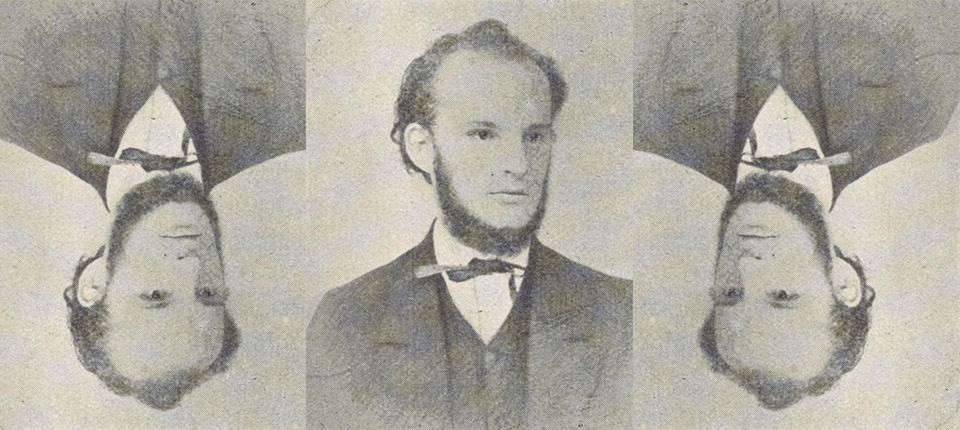The Best of the Literary Internet, Every Day

TODAY: In 1896, novelist and literary historian Ludwig Laistner dies.
- “When the noise and ugliness got so loud, I focused in on a point of beauty.” Maniza Naqvi on saving Karachi’s oldest bookstore. | Lit Hub Bookstores
- María Alejandra Barrios Vélez recommends ghost stories by Juan Rulfo, Amparo Dávila, Isabel Allende, and more. | Lit Hub Reading Lists
- “Like rifling through a thrift store bin of clothing and putting together an outfit from disparate pieces, the process involves collecting things for their potential and possibility, then trying them on for size.” Lisa Ko on the similarities between writing and a flea market. | Lit Hub Craft
- Percival Everett’s James, Téa Obreht’s The Morningside, and Lauren Oyler’s No Judgement all feature among the best reviewed books of the week. | Book Marks
- How far would you go for a bottle of rum? Aaron Goldfarb on Stephen Remsberg’s hunt for a legendary liquor. | Lit Hub Food
- Jamie Figueroa on reclaiming Spanish: “With this tongue, with this mouth, I speak, I hold, I force out, I take in.” | Lit Hub Memoir
- Even machines need friends. Sierra Greer recommends writing on robot-human relationships, including Richard Powers, Isaac Asimov, and Jessie Ren Marshall. | Lit Hub Reading Lists
- “Dear reader, I know one isn’t supposed to expose one’s own weaknesses and insecurities.” Read from Alvina Chamberland’s new novel, Love the World Or Get Killed Trying. | Lit Hub Fiction
- On the virtues of speculative poetry. | Reactor
- “Here, inanimate objects convey motion through time.” Katherine Hobbs considers the history of a very old house. | Public Books
- Catherine Lacey, Min Jin Lee, and more authors discuss the women writers who inspire their work. | Cultured
- Turns out it’s not impossible to train AI models without using copyrighted materials. | Wired
- “I always wanted to be published by them because Robert Crumb was published by Fantagraphics.” An interview with Alex Graham. | The Comics Journal
- Percival Everett on Huckleberry Finn, James, and language: “It was clearly a text in which an adolescent in America was trying to come to terms with the defining feature of America’s character: race.” | Esquire
